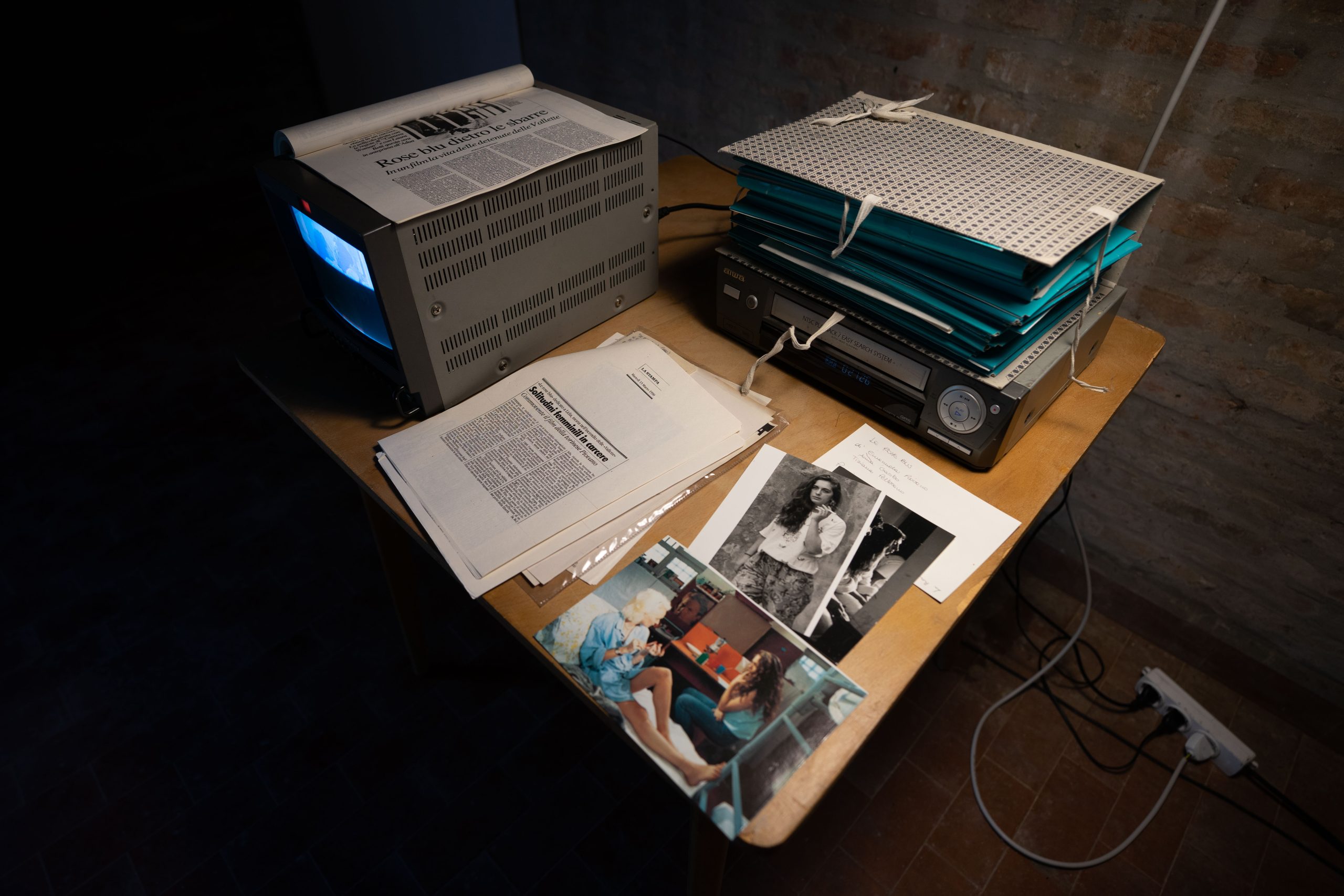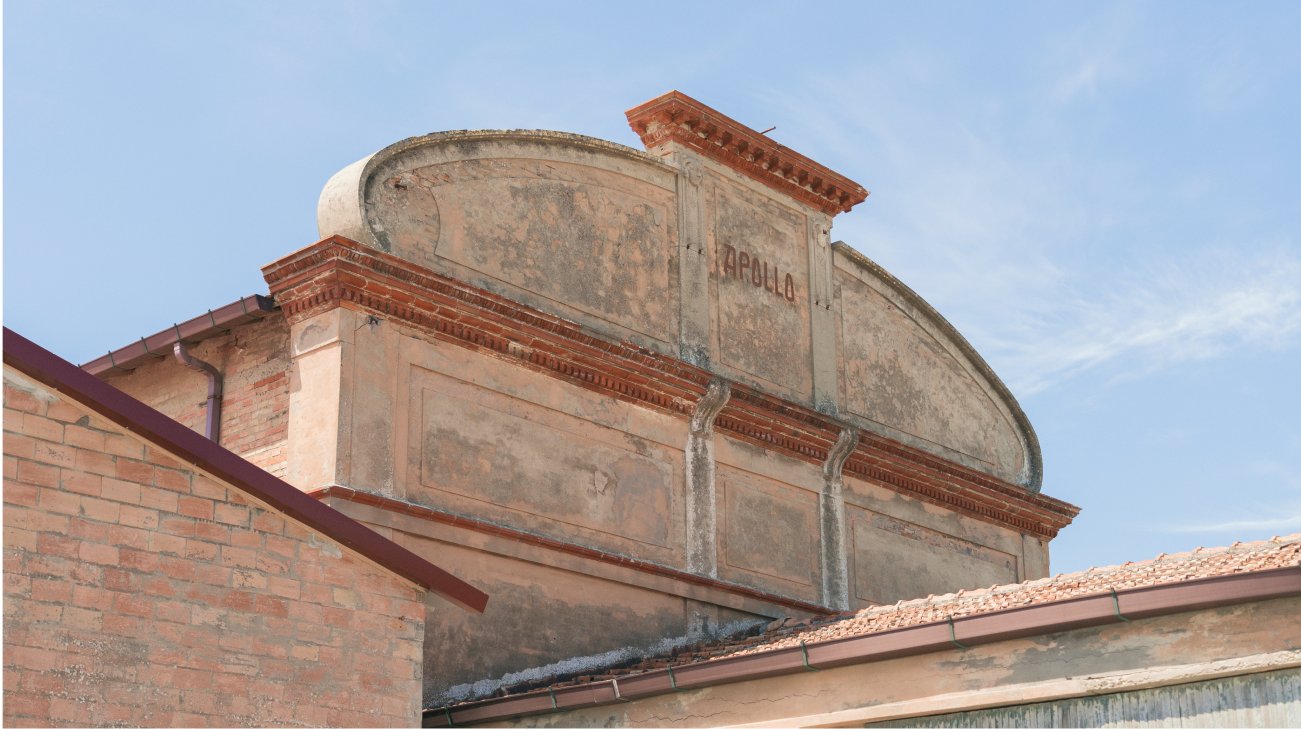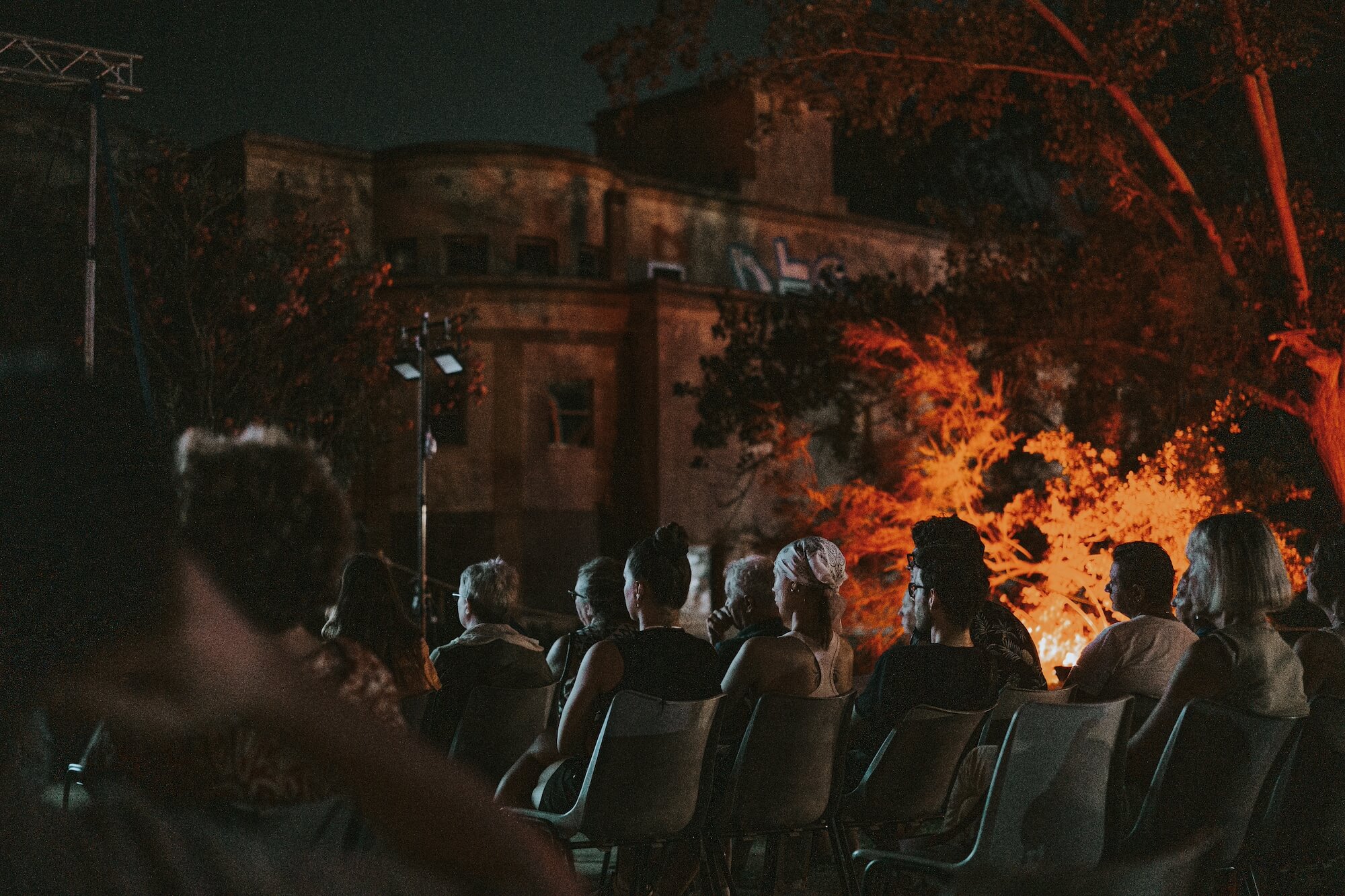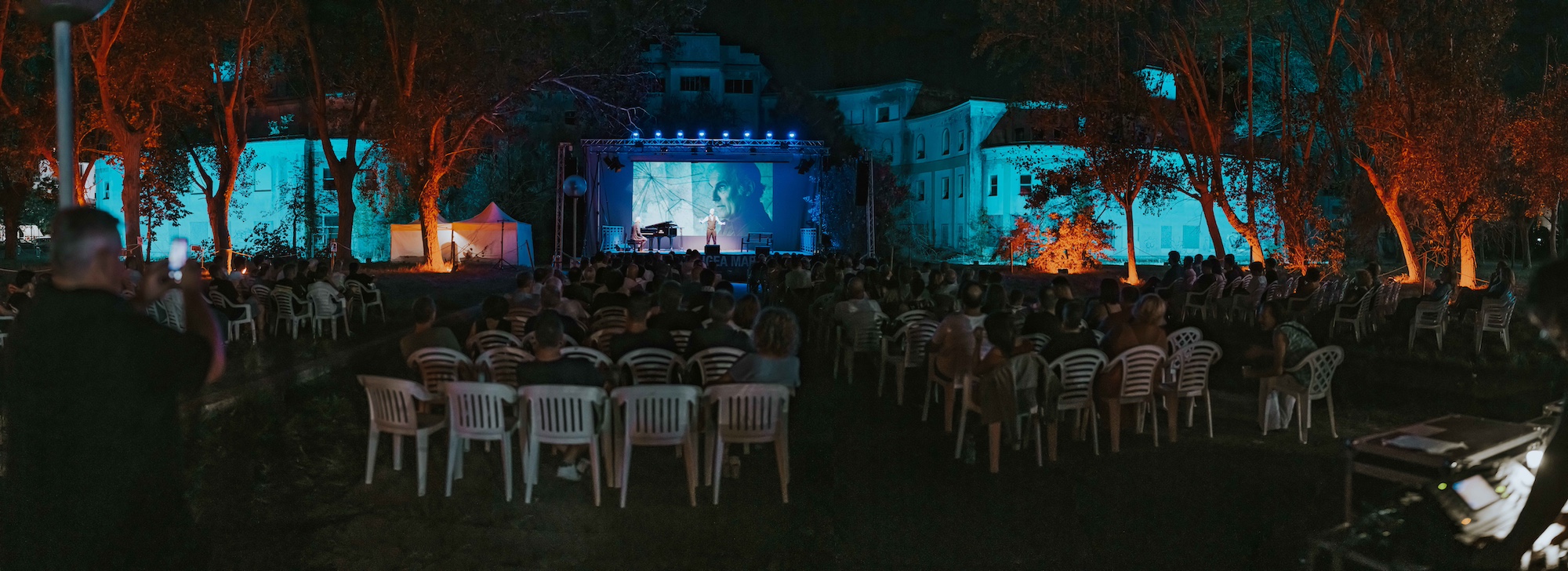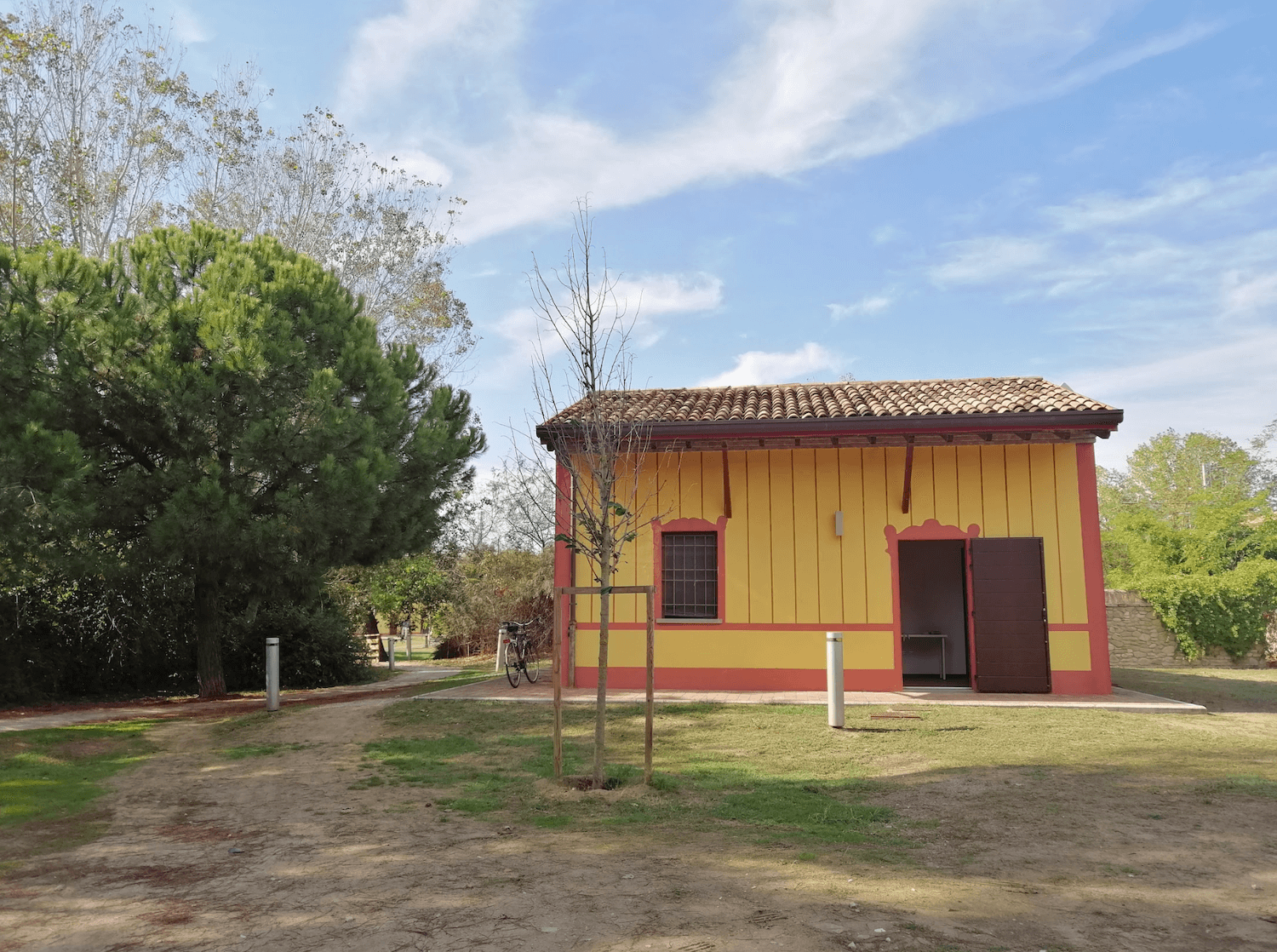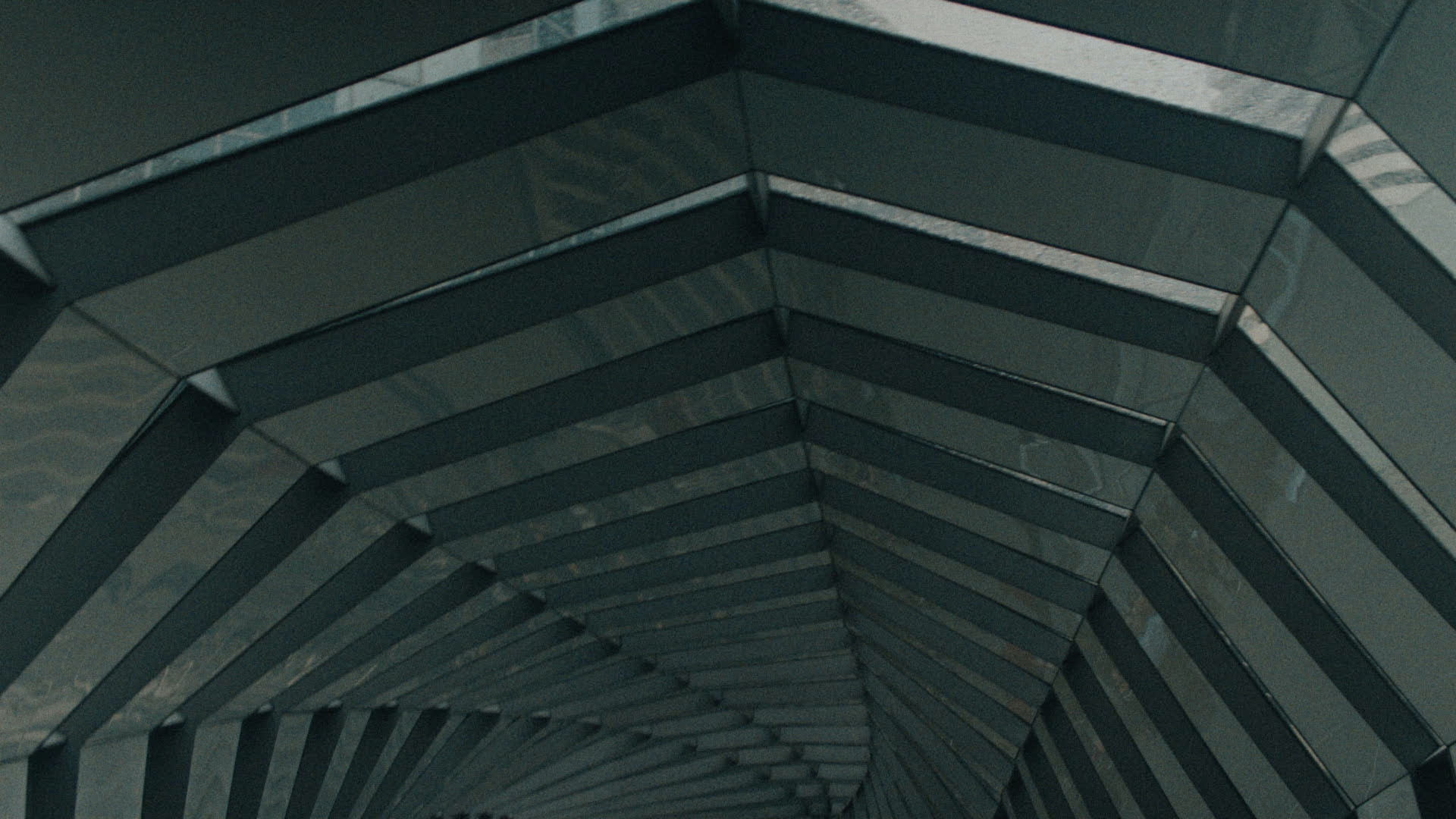
Cultural regeneration
Nurturing cultural places
One of the main aims of Approdi is cultural regeneration: rediscovering disused places – material and immaterial – that are strongly linked to the territory and reopen them thanks to a cultural intervention.
May they become places for meeting, creativity, intergenerational exchange, with a strong eco-friendly and digital imprint.
Archivio del Cinema Indipendente Italiano
From the summer of 2022, Approdi in collaboration with Alessandro Gagliardo, curator of the Ghezzi Archive, began to develop a project, called the Italian Independent Film Archive, for the digitization of all the material present and the creation of an open source platform, based on block-chain technology. It started with reasoning and reflection on the concept of the archive and how we wanted to create an open and living archive that could be accessible and enjoyed by all and sundry.
To take this project forward, we decided to participate in several calls for proposals to find the necessary funds to start the work. Among them, two were won that allowed the work to begin:
MIC Special Projects Call 2022 Call TOCC – Digital Transition (2023).
It is now possible to support our archival project through the ART BONUS, through which it is possible to finance, with tax breaks, cultural interventions of national interest.
We are seeking funds to manage immense digitization:
– 5900 films and audiovisual materials;
– 2200 photographs;
– 12000 paper documents;
– 1800 sound documents.
We want to make the archive that collects the history of Italian independent cinema a digital place available to the whole community.
In addition to being of fundamental importance to the festival itself and to the city, the archive holds works, writings and photographs that tell a bit about these forty years of cinema in Italy. It is an archive where early works by Paolo Sorrentino, Matteo Garrone and Silvio Soldini appear, short films made exclusively for the festival by directors such as Michelangelo Frammartino and Luca Guadagnino, and also footage and testimonies of meetings such as the one between Enrico Ghezzi and Franco Battiato.
The relevance and discovery of this heritage seemed so important to us that we started this process of preservation and digitization. Alongside this part that is extremely linked to the essence of the archive, we are working on projects to promote the rediscovered material: from events held during the upcoming Bellaria Film Festival to upcoming critical publications dedicated to experimental cinema and the unique works of the women in the archive.
Thanks to the donation of Viola Barberini and Serena Barberini, the Luigi Barberini Fund, containing private collections of films and film magazines of Luigi Barberini, founder of the Bellaria Film Festival, is present within the Archive.
Now, to take it forward we need the support of the Italian community.
Cinema Apollo
In 1910, Cesena-based photographer and inventor Erardo Lugaresi with the support of his granddaughter Jolanda Cirillo decided to build a cinema next to the family villa, Villa Tina, signing its Art Nouveau-style façade facing the sea in the resort of Bellaria. The cinema, named Apollo, was the first screening venue open to the public in Bellaria and active as early as 1925.
The Apollo cinema-theater became an important landmark for the Bellaria community: a place to meet and gather, a place to laugh, cry and fall in love. This magical and important place has reopened its doors to the public, becoming the venue for the opening of the 41st Bellaria Film Festival. Inside was an installation by Tiziano Doria and Samira Guadagnuolo, “La Vague,” a tribute to early cinema.
A 16mm double projection where the rhythm of the waves beating on the shores of African beaches, is both dreamy and restless, a step that opens up horizons beyond the horizon.
In summer 2024, we brought outdoor cinema to the courtyard of the Apollo Cinema. 12 open-air screenings tagged Bellaria Film Festival, designed to have an overview of contemporary cinema: emerging authors and auteurs, art-house cinema and blockbusters – all films released between the end of 2023 and the first half of 2024. This is the vision of ARENA APOLLO. Another step toward the functional and cultural regeneration of a crucial space in Italian film history.
Colonia Roma
Colonia Roma is a 1930s colony located on the waterfront in Igea Marina. It is currently privately owned and has been closed for many years. From July to the end of August 2023, Approdi set up inside the Colony’s garden the summer arena, called Arena Roma. Films and theater performances were offered, involving about two thousand spectators during the two months it was open.
Pensatoio
The Pensatoio is a municipal building within the complex of buildings associated with Alfredo Panzini’s Red House. This space, within the park, has been converted into a studio for video post-production, a place for meetings and gatherings and a venue for workshops and laboratories, and a warehouse for professional equipment. It is run in collaboration with APS 4/Terzi. During the summer it becomes one of the main venues for NAUFRAGARE Summer School.
Editing, meeting, post video and color-correction stations are set up inside.
